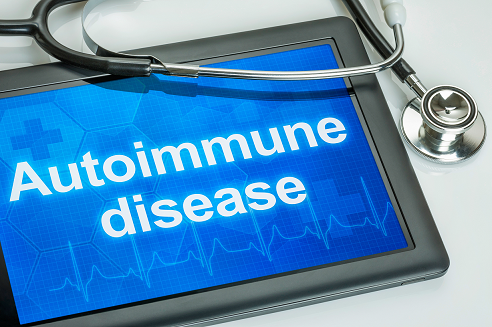According to the American Autoimmune and Associated Diseases Association, Inc., there are an estimated 50 million people in the United States who are suffering from autoimmune disorders. This is more than 3 times the number of Americans diagnosed with cancer, either active or in remission. This probably doesn’t include those not diagnosed, or those who’s illness is on the border of degrading to an autoimmune state. That’s a lot of Americans! If you are one of them, or desiring not to become one of them, you need to know what to do to diminish, as much as possible, this terrible state of degeneration from occurring.
So often we believe that we are stuck with an autoimmune condition “because my mom and brother had it too” or “my grandfather and his sister had it”. We have in the past believed that if we have inherited the gene, that “oh well, there’s nothing I can do about it. It’s in my genes!” Now, as we are learning more about genetics, and specifically epigenetics, we know that just because there is a genetic propensity for something, you do have an option to affect that genetic expression and not get it yourself. How do we do that?
There are many things that cause an “ordinary” disease process to go from mild or moderate with the possibility of resolution, to the much tougher autoimmune process. Much of which we have control over.
Diet is one of those. Certain foods have the potential of either triggering or exacerbating an autoimmune condition. Gluten, many non-gluten grains, sugar, chocolate, dairy, and many processed foods head the list. Processed foods often contain preservatives, flavor enhancers, colorants, and many other additives that can stress the immune system and cause other health problems.
Stress is something that can negatively affect many areas of health, eventually leading to autoimmune conditions. We all have stress. The trick is having the mental and physical fortitude necessary to keep stress from negatively impacting our body. Fortunately, there are many ways to support the body in doing that.
Your gut is key in many autoimmune conditions. The health of the gut from stomach to the end of the large intestines have various roles that contribute to the expression of health or disease. It is important to be sure that you don’t have a chronic infection such as SIBO (small intestine bacterial overgrowth). Ongoing infections in the gut either obvious or subtle, or any stealth or hidden infection can stress the immune system to the point of contributing to an autoimmune response. There are many environmental stresses involved as well. If you are desiring to make an impact on autoimmunity, you need to identify and address the underlying, contributing factors.
©2018 Holly A. Carling, O.M.D., L.Ac., Ph.D.







